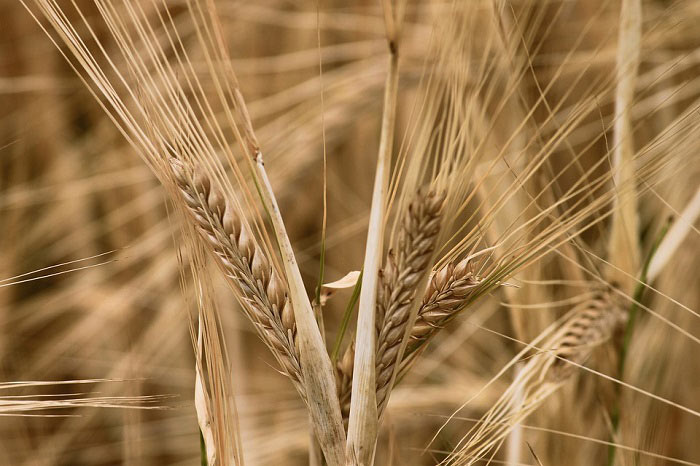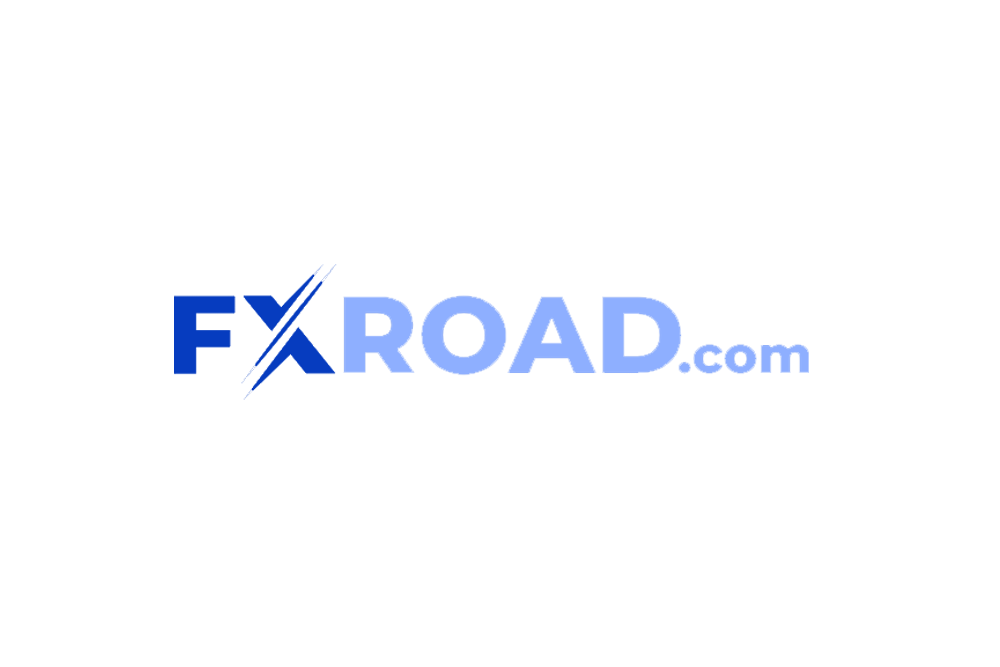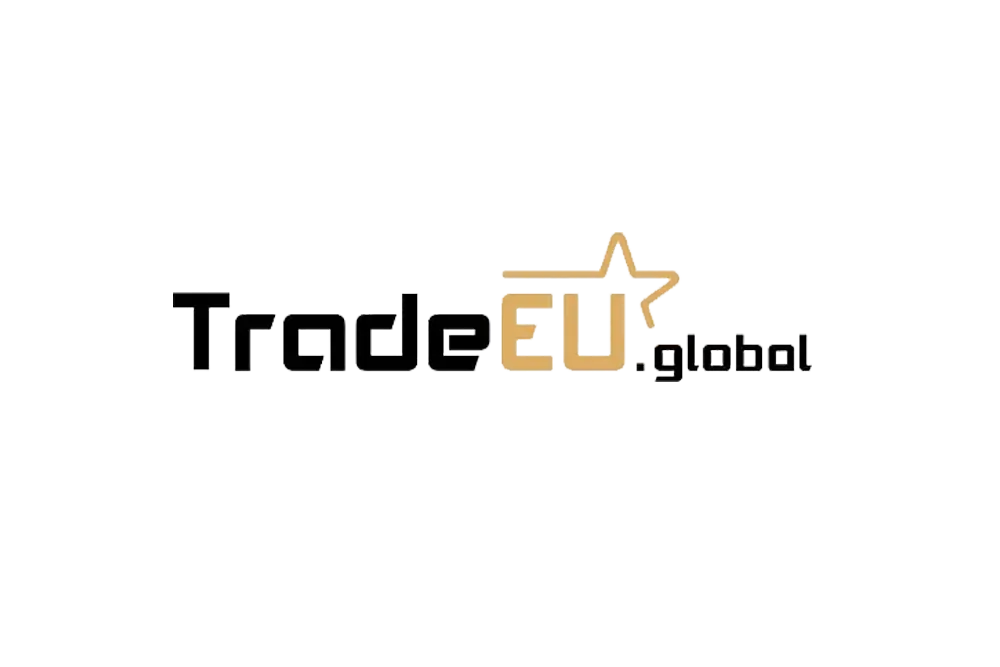Commodity Trading Guide for South Africans Investors:
There are constant fluctuations in orders and deliveries of commodities because of which commodity prices always vary. The commodity market allows its investors to purchase and sell goods at the correct price; this is regularly done by using commodity trading tools like spot, forwards, futures or options contracts.
There are different commodity exchanges in the world where more than 100 commodities are traded. These are mainly divided into four basic groups, namely, metal, energy, livestock, and agriculture.
Nowadays, online trading in the commodity market has become very admirable because electronic technologies have made trading much more systematic than traditional trading methods. Over here, commodity traders get the real-time data which helps them to make their decisions much faster and, this saves their losses from delayed market data, and other order placing procedures involved in traditional methods.
With online trading of commodities, retail traders are also starting to trade and make profits via commercialisation on values of goods and producers also getting much more price with increasing demands in markets.
What are commodities?
Commodities are physical goods that have productive value; they are regularly used as raw materials in the production of different goods like cables from copper, biscuits from wheat or in some cases they are directly used like coffee or silver.
These products can be purchased or sold for a certain price or in many cases exchanged with other products of the same price, or the quality of products remains the same. Commodities are mainly extracted from natural resources with mining or produce through doing farming.
Silver, Gold, wheat, soybean, coffee beans, crude oil, copper, natural gas, etc., are the commonly traded commodities in the world.
Commodity Market in South Africa
Commodity market of South Africa has a central market infrastructure in which traders from various parts of the country or world can participate, and trade and their trades get completed quickly based on the settlement method which is agreed by all the parties. They provide services like price risk management and cost determination to all its traders.
Producers get the right price of their goods at the exchange by various methods like spot pricing or future pricing in the form of future contracts-which grant them the rights to sell their goods at termed price on the set expiry date of the contract.
JSE or Johannesburg Stock Exchange Commodity Derivatives Market, are major exchanges where commodities are exchanged in South Africa. A trader can also trade through CFD brokers which are for an experienced trader.
Commodities that commonly traded in South Africa
Metals: Copper, Gold, Platinum, silver are traded at JSE.
Energy: Diesel Hedge Futures and Options, Crude Oil Futures and Options are traded at JSE
Agriculture: Futures & Options of Grain, Zambian Grain Contracts, Soy complex Futures and Options, Hard Red Winter Wheat, Soft Red Wheat Futures and Options, SAVI White Maize, Corn Futures and Options, Beef Carcass are traded at JSE.
JSE allows a trader to trade in world commodity markets, and the final settlement of trades is done at Rand (ZAR).
Factors Affecting commodity prices
The commodities naturally occurred or were produced by farming. However, due to artificial or natural causes, there will be variations in the production and demands of the items, which will cause price fluctuations of commodities.
Commodity prices may also be affected by many national or international problems, activities, and trends. Policies of government, currency inflations, weather, trades, technology, and a number of other factors are involved in price fluctuations of commodities.
Also Read, Top South African Brokers you can Trust
The terminology of Commodity Trading in South Africa
Spot:
Trades done under spot trading method are settled within two days of sale without giving any future settlement date. In this method, buyers get delivery on the settlement. Compared to future and options, spot trades are likely to be more exposed to the pressure of demand and supply.
Commodity F & O:
A commodity futures contract is stated as a forwarded agreement where one trader agrees to buy, and another one decides to sell a primary commodity at a pre-decided future price and date. The date on which the contract expires is known as the Expiration date, and forward price means the future price.
In commodity, options contract agreement is similar to a futures contract. Still, the main difference is that the trader doesn’t have any obligation to exercise the contract and has the choice to exercise the contract or not.
CFD in Commodity:
CFD is an advanced and new method of trading multiple commodities with less restriction and market complexity. Brokers offer CFDs on commodities, stocks, indices, and many other instruments.
Conclusion:
Commodity trading prices are affected by various reasons, and different risk factors are involved in trading commodities; therefore, it’s advisable to take proper information of the market through brokers.
Primefin is one of the top brokers for trading in commodities in South Africa. For verifying people can go through Primefin review to check whether anything like primeFin scam exists in the market.



